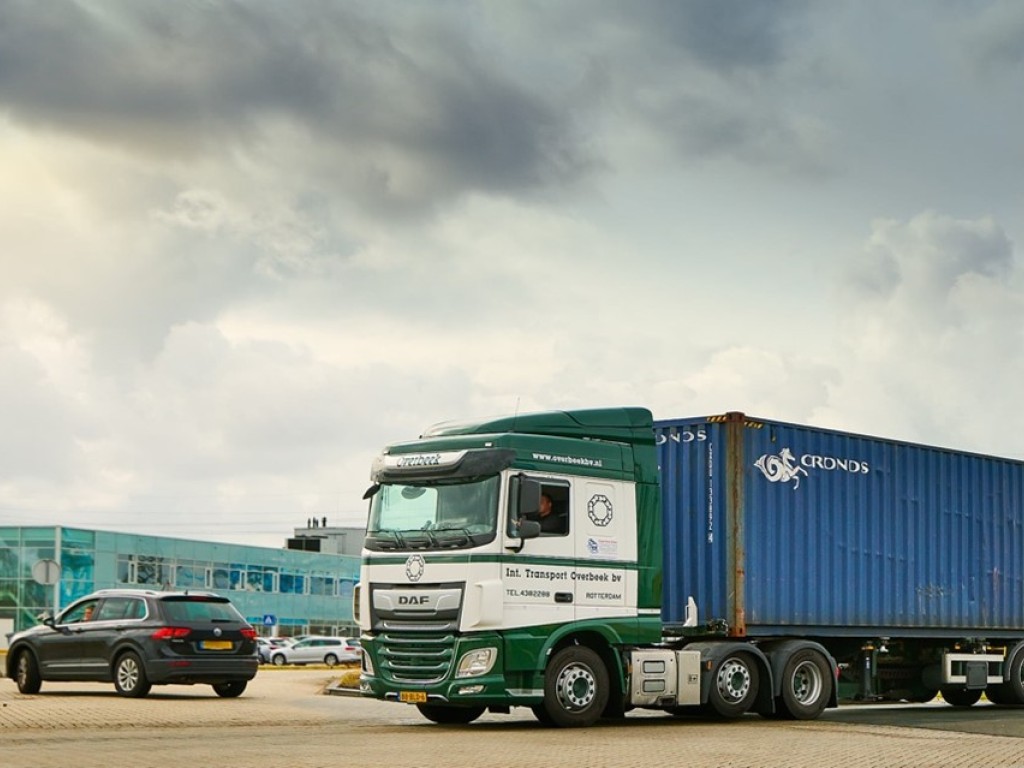SensLog (Sensing Logistics)

The use of sensors in logistics is becoming more common, and there is a growing awareness in the industry that technology as such is no longer a limiting factor to their adoption. Consequently, more sensory data is becoming available. However, both academic literature and industry
experience indicate that the methods for analyzing the sensory data are lagging behind. Without these methods, the sensory data is as good as “useless”. The problem is threefold: first logistics sensory data surpasses the capabilities of traditional data analysis techniques. Second, existing optimization models are not designed to exploit sensory data insights. Third, profit marges for carriers and forwarders in the transport sector are under pressure, making investments in sensor technology on a large scale economically challenging.
State-of-the-art sensors, such as the ones developed by project partner Itude Mobile, are able to capture multi-dimensional data on e.g. temperature, light, pressure and movement differences in containers. This information is traditionally being used to monitor product quality in containerized freight transport, but the industry is currently lacking the appropriate algorithms to accurately identify which of the changes in the multi-dimensional measurements are exceptional and require intervention or rescheduling.
This project wants to tackle the above-mentioned challenges by developing models and methods to unlock the improvement potential of novel sensors that capture information on both container
equipment and cargo. These goals are consistent with the goals of the Top-sector logistics to advance scientific knowledge on the interface between logistics and ICT. Real-life cases from different industries will be used to identify improvement opportunities for the deployment of
innovative sensors in logistics operations, and encourage logistics companies to explore and implement data driven strategies to improve their competitiveness. As such, the project outcomes will increase the efficiency of mulit-modal containerized transport thereby strengthening the
position of the Netherlands as a leader in creating, developing and demonstrating innovative concepts in logistics.
The project is organized in two parallel research activities. Activity 1 studies key decision problems to support the adoption of novel sensors and capturing logistics sensory data by addressing sensor placement and repositioning problems in supply chains. Activity 2 focusses on analyzing sensory data to identify exceptions that can be exploited to improve logistics planning (both offline and online), and to develop predictive models for container fleet composition. As such, the project moves beyond the state-of-the-art in academia and in industry. The developed tools in this project are expected to contribute to the uptake of sensor technology in the logistics sector, and to reduce costs and emissions in supply chains. Model development in both activities is inspired by and validated on real-life cases.
The project outcomes (models, data analysis and optimization methods and insights) will be translated in working solutions at participating companies and into services that will be offered to the market. The project stresses the importance on implementing the scientific results in practice, and therefore the partnership with the industry is considered crucial. To this end, the Logistics and the OR research groups of the Vrije Universiteit Amsterdam have joined forces with two leading industry partners in the field, one in transport optimization (ORTEC) and one in mobile technology (Itude Mobile). Industry partners are not only directly involved in the development and validation of new concepts and methods, they are even taking the lead of the valorization activity.